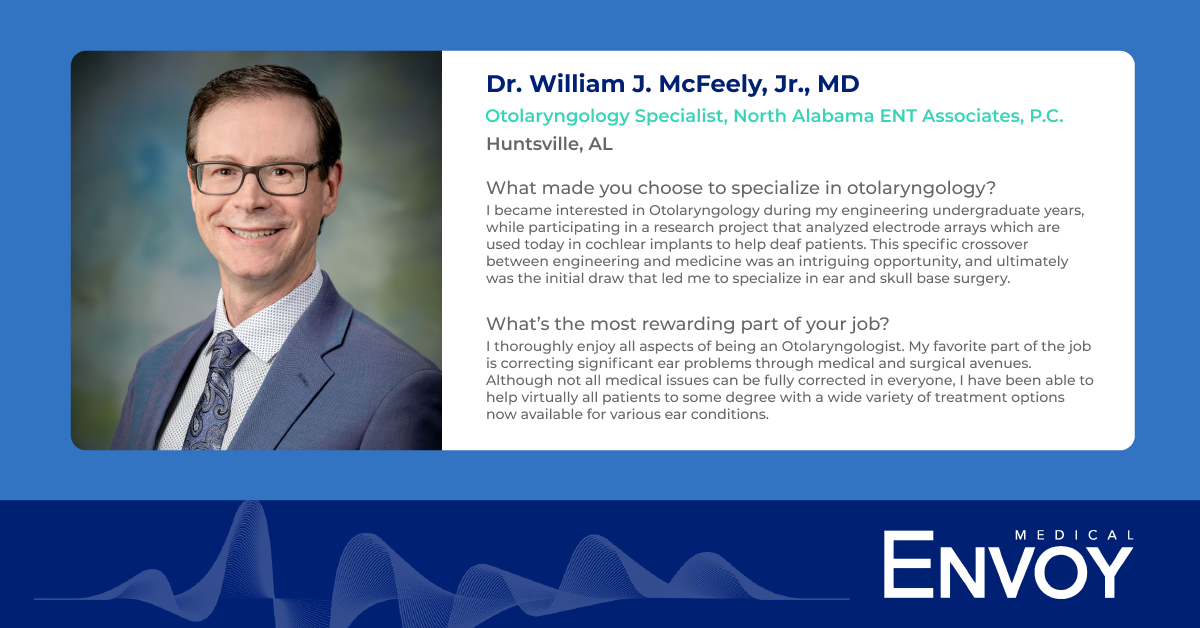Healthy Hearing All Summer!
by Envoy Medical Staff Member, on June 4, 2022

As Ralph Waldo Emerson said, "Live in the sunshine, swim in the sea, drink the wild air".
There is nothing better than the arrival of summer! The smells the sounds and the relaxed vibe are important for our physical and mental health. While we are meant to be active and live spontaneously, it's also a time when our environment and activities change which can create issues for our ears.
Whether you enjoy the calmness of a canoe ride on a placid lake or speeding around the waterways in a boat or jet ski, water is central to summer.
Anytime you find yourself swimming, water skiing, or just getting wet be careful to avoid getting water in your ear.
Swimmer's ear is an ear infection caused by water that has stayed in the outer ear canal and becomes infected. It's easy to avoid by keeping your ears as dry as possible or using earplugs. Be sure to dry your ears with a towel after swimming and let them air dry before using earbuds or hearing aids.
If you do get water in your ear, click the link below to learn what to do.
How to get water out of your ears!
Yard work and exercise
Earbuds are everywhere! People use them while exercising, driving, and doing yard work. If you are a hearing aid user, you may have hearing aids in your ear a lot.
While our ears are self-cleaning, if the ear canal is blocked for many hours of the day the wax will not be able to naturally work itself out of the ear and this can cause the wax to get impacted and pushed deeper into the ear.
If you notice an increase in earwax try to limit the amount of time you are wearing earbuds. If you are a hearing aid user and need them, take extra care to make sure the aids are both clean and bacteria-free.
Pollen and other tiny particles like dust can irritate your ears and this increases wax production. Review pollen counts and wear hats or earplugs during these times.
Our self-cleaning ears:
Cerumen, commonly called earwax is naturally produced by the body and helps protect and lubricate the ear by filtering out dust and dirt and trapping the particles, so they don't move deep inside the ear. Earwax has natural antibacterial properties and is only formed in the outer ear. If you have wax in your inner ear, it's likely the result of improper ear cleaning or overuse of listening devices.
Incorrectly cleaning your ears
Never insert q-tips or something else into your ear canal. Doing so can cause irritation and even a slight scratch will cause an increase in wax production. Q-tips also push wax and dirt further into your ear risking damage to your eardrum and causing impacted wax or potential infection.
Frequent cleaning can cause the ear canal to become dry and irritated which also increases wax production to protect the ear canal.
The best approach is to only clean earwax from the outside of your ear canal using a warm washcloth. The safest approach is to visit a doctor or other healthcare professional to remove excessive wax
Taking these precautions will help you have a healthy and infection-free summer!
Meet Esteem Surgeon Dr. William McFeely



